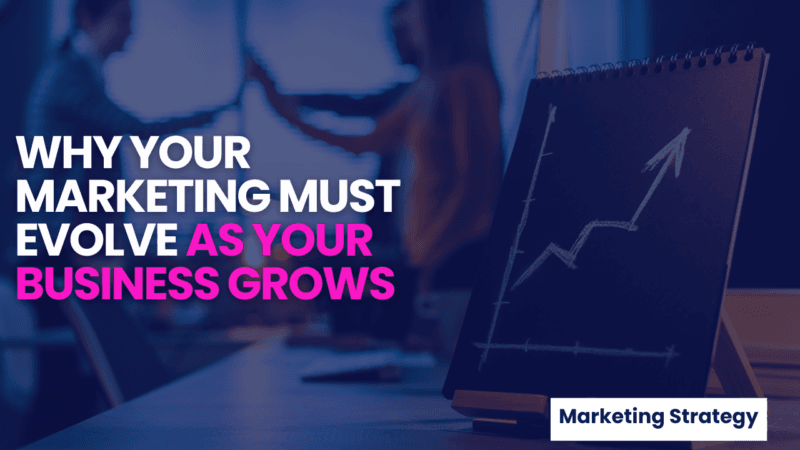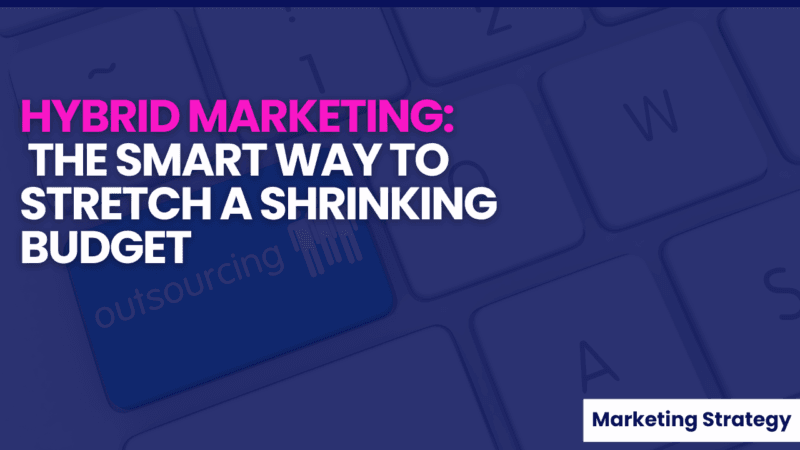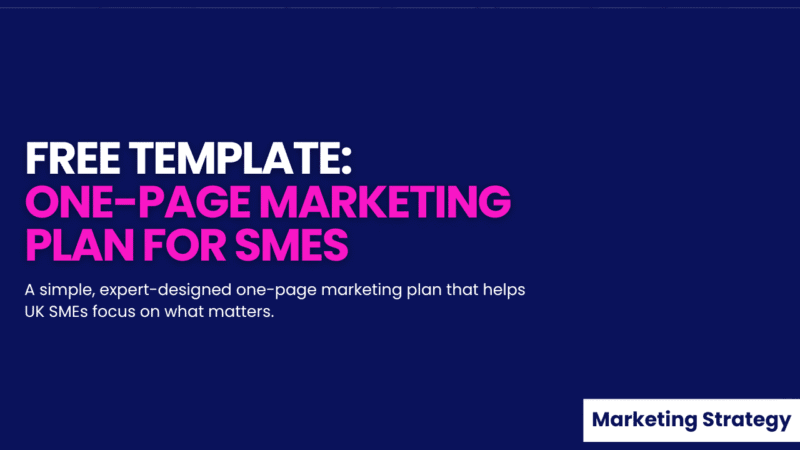
Over the past couple of months, I’ve gone right back to SEO school, taking courses with Semrush Academy, learning from Neil Patel, and diving deep into countless tutorials and industry updates.
Why?
Because AI-powered search is already here, and it’s changing how people find businesses. I wanted to make sure I fully understood how it works and how to make it work for my clients.
Here’s the surprising truth: the fundamentals of SEO are still very much alive. The difference is that AI-driven tools like Google AI Overviews, Microsoft Copilot, and Perplexity are now pulling directly from websites to generate instant, conversational answers. If your content isn’t optimised, you risk being invisible in both Google and AI search results.
In this post, I’ll share the 5 core strategies that will keep your SEO future-proof, plus a free infographic you can download for quick reference.


1. Optimise for AI Engines, Not Just Google
It’s not enough to rank on page one anymore, to truly achieve future-proof SEO in the age of AI search, you also need to optimise for AI and position your content so AI tools can understand and use it in summaries..
- Write in clear, structured formats.
- Add concise summaries to your articles.
- Use schema markup so search engines can interpret your pages correctly (Google Structured Data Guidelines).
2. Strengthen Your EEAT Signals
AI and search algorithms both rely on Expertise, Experience, Authoritativeness, and Trustworthiness to decide whose content to recommend.
That means:
- Sharing first-hand experiences and examples.
- Publishing case studies.
Earning mentions and backlinks from trusted industry sources (Search Engine Journal: EEAT).

3. Target Conversational Queries
Voice search and AI prompts have made long, natural-language searches more common.
Instead of “SEO tips,” someone might ask:
“What’s the best SEO strategy for a small consultancy with a £5k budget?”
Optimise for these by:
- Writing in a conversational tone.
- Adding FAQ sections to your content.
- Covering related subtopics thoroughly so AI tools see you as a go-to authority.
4. Own Your Brand Mentions
The more your name or business appears in credible places, the more likely AI is to include you in its answers.
- Publish guest articles on industry sites.
- Take part in PR opportunities like Help a Reporter Out.
- Stay active on platforms like LinkedIn where decision-makers hang out.
5. Diversify Your Content Distribution
Don’t rely solely on organic Google rankings.
Repurpose your content for:
- LinkedIn posts
- Podcasts and webinars
- Email newsletters
That way, you’re building audience touchpoints beyond search engines.
The Bottom Line
SEO isn’t dead, it’s evolving. If you master the fundamentals and adapt them for AI search, your brand will stay visible and competitive in this new era
How Marketing Collaborators Can Help
At Marketing Collaborators, we make sure your business stays visible in an ever-changing search landscape. Whether it’s adapting your SEO for AI-powered search or strengthening your current Google rankings, we’ve got you covered.
Here’s how we help our clients:
- SEO Audits – A full review of your website to uncover technical issues, content gaps, and missed opportunities.
- Technical Fixes – From site speed to broken links, we handle the behind-the-scenes improvements that boost rankings.
- On-Page SEO – Optimising your content, structure, and keywords so both Google and AI engines understand and recommend you.
- Off-Page SEO – Building authority with strategic backlinking and brand mentions.
- Campaign Management – Coordinating and running targeted marketing campaigns that turn visibility into leads and sales.
If you’re ready to get found by both Google and AI search engines, let’s talk. Let’s chat





